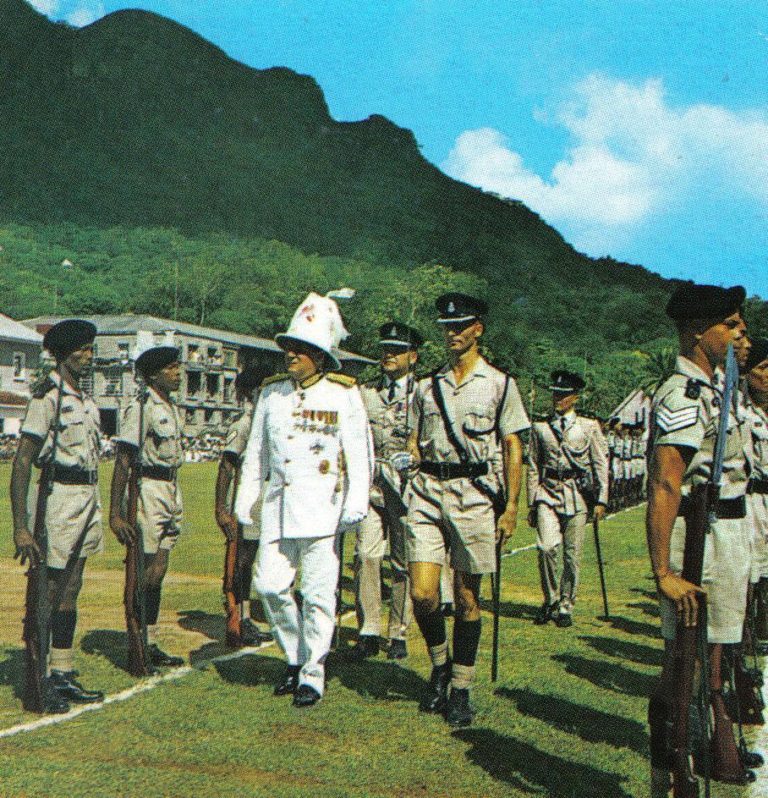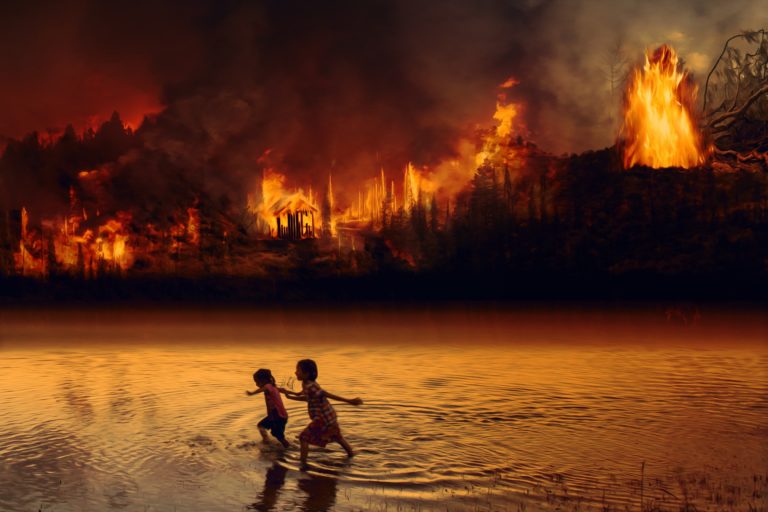Home / Politics & Society / Diversity & Inclusion / Decolonising Education: From Theory to Practice / Coloniality and Law
This article is from the free online
Decolonising Education: From Theory to Practice


Reach your personal and professional goals
Unlock access to hundreds of expert online courses and degrees from top universities and educators to gain accredited qualifications and professional CV-building certificates.
Join over 18 million learners to launch, switch or build upon your career, all at your own pace, across a wide range of topic areas.

![Enslavement Branding [1914] Branding of an enslaved person](https://ugc.futurelearn.com/uploads/images/64/02/6402c781-e05f-405b-aea5-e610afbbec68.jpg)
 Governer of Seychelles inspecting troops (1972)
Governer of Seychelles inspecting troops (1972) Environmental devastation – forest fire
Environmental devastation – forest fire





